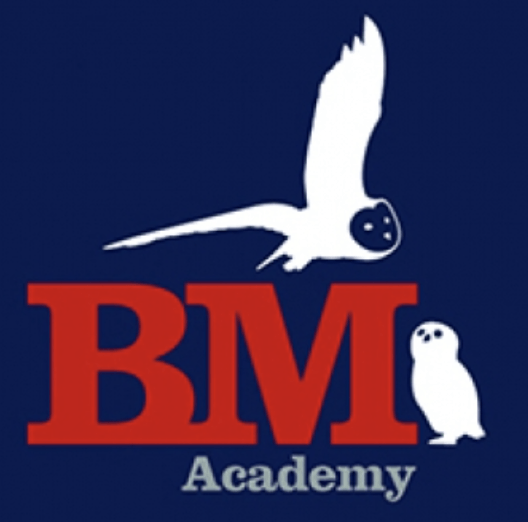English
At Bourton Meadow we nurture every child to fulfil their whole potential.
Reading:
Further information about our approach to the teaching of phonics and reading can be found here.
Writing:
At Bourton Meadow, we strive to develop each child as an author, from first understanding the mechanics of writing, collecting tools and features needed in all purposes of writing, to an independent writer, who writes with purpose, enjoyment and clarity.
To achieve this, we primarily teach writing through the Talk for Writing approach, designed by Pie Corbett. Talk for Writing is an engaging teaching framework which is based on how children learn. It enables children to imitate the language they need for a particular topic orally, before reading and analysing it, and then planning, writing and editing their own version. Our English lessons, therefore, use a wide range of carefully selected, rich texts to provide a meaningful context for children's learning and to extend their exposure to a wide range of genres, themes, purposes for writing and writing outcomes.
The Talk for Writing process comprises five important phases:
Cold Task: An initial assessment helps teachers understand what children can already do, enabling them to plan effective teaching which builds on children's prior learning.
The engage and imitation phase: The teaching begins with some sort of creative 'hook' which engages the pupils, often with a sense of enjoyment, audience and purpose. Children then learn and internalise a model text, to identify transferrable ideas and structures, aspirational vocabulary and necessary tools and featured for the particular text type.
The innovation phase: Children use their knowledge of acquired tools and structures from the model text to co-construct, plan and develop new versions, guided by their teacher.
The inventing phase: Teachers support pupils to write their own version of the model text independently, applying the knowledge and skills that have been taught and practised. This phase ends with important time spent editing, improving and self-reflecting on progress.
Hot Task: The independent writing children produce towards the end of a sequence of lessons, often referred to as a 'hot task', enables teachers to make accurate judgements about children's learning which are then used to guide future teaching to ensure all children make good progress.
We also ensure that the approach we take to the teaching of writing remains flexible to meet the needs of our children. Adaptations to the Talk for Writing process are therefore made, which have been carefully reviewed and outlined by teachers, and book studies are sometimes completed (particularly in higher year groups) to enable teachers to recap previous learning, respond to misconceptions and teach knowledge in the most effective way for the particular needs and interests of specific cohorts.
Writing opportunities:
Writing opportunities are frequent, short bursts of writing offered to the children throughout a writing unit. They are embedded into our English planning and the Talk for Writing phases, to ensure children are given the freedom of writing, are able to apply their knowledge at regular opportunities and are able to regularly write for different purposes and audiences.
Spelling
For children in Foundation Two and Key Stage One, we use the Little Wandle systematic synthetic phonics programme. More information about this programme can be found on our phonics and early reading page.
Once children are fluent readers and have completed the Little Wandle programme, including bridging to spelling and building fluency, they move on to No Nonsense Spelling whilst continuing to use phonics strategies to break down words in order to learn spelling rules, including those from the statutory spelling lists.
Handwriting
We use Debbie Hepplewhite handwriting programme to teach handwriting, with children joining letters in Year 2.
Here are the end goals for our English curriculum
Because I went to Bourton Meadow Academy:
I can write for a range of purposes, outcomes and audiences
I can speak confidently to convey my own ideas and listen and respond to others appropriately
I write with enjoyment
I understand the power of the English language, both the spoken and written word
I understand the importance and joy we can find in different text types
I appreciate the importance of having command over the English language



